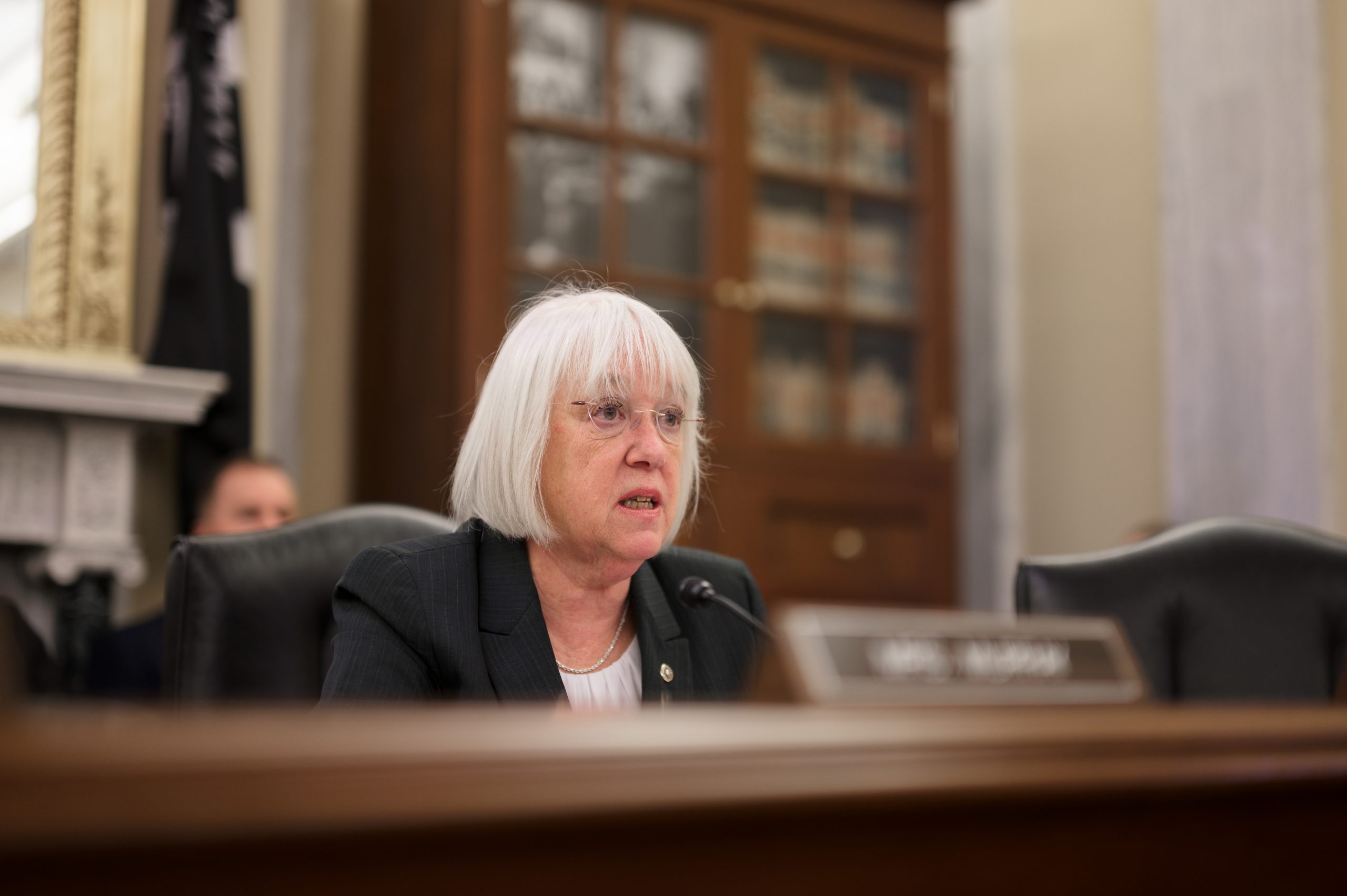Proposed rule would ensure that more workers receive extra pay for long hours
Washington, D.C. – Today, U.S. Senator Patty Murray (D-WA), a senior member and former Chair of the Senate Committee on Health, Education, Labor, and Pension (HELP), issued the following statement after the U.S. Department of Labor announced a proposal—in technical terms, a notice of proposed rulemaking—that would restore and extend overtime protections to 3.6 million low-paid salaried workers. The proposed rule would guarantee overtime pay for most salaried workers earning less than $1,059 per week, about $55,000 per year.
“Workers should be compensated fairly when they work long hours—it’s that simple,” saidSenator Murray. “For far too long, giant corporations have gone to great lengths to stiff their workers of the overtime wages they deserve—and that needs to end. Democrats and the Biden-Harris administration are fighting back to protect workers by expanding overtime protections to those making less than $55,000 a year. This proposal is a huge step in the right direction and would make a meaningful difference for millions of hardworking people across America.”
The new proposed rule would:
- Restore and extend overtime protections to low-paid salaried workers. Many low-paid salaried employees work side-by-side with hourly employees, doing the same tasks and often working over 40 hours a week. But because of outdated and out-of-sync rules, these salaried workers aren’t getting paid time-and-a-half for hours worked over 40 in a week. The department’s proposed salary level would help ensure that more of these salaried workers receive overtime protections traditionally provided by the department’s rules.
- Give workers who are not exempt executive, administrative, or professional employees valuable time back. By better identifying which employees are executive, administrative or professional employees who should be overtime exempt, the proposed rule will better ensure that those who are not exempt will gain more time with their families or receive additional compensation when working more than 40 hours a week.
- Prevent a future erosion of overtime protections and ensure greater predictability. The rule proposes automatically updating the salary threshold every three years to reflect current earnings data.
- Restore overtime protections for U.S. territories. From 2004 until 2019, the department’s regulations ensured that for U.S. territories where the federal minimum wage was applicable, so too was the overtime salary threshold. The department’s proposed rule would return to that practice and ensure that workers in the U.S. territories subject to the federal minimum wage have the same overtime protections as other U.S. workers.
“For over 80 years, a cornerstone of workers’ rights in this country is the right to a 40-hour workweek, the promise that you get to go home after 40 hours or you get higher pay for each extra hour that you spend laboring away from your loved ones,” said Acting Secretary of Labor Julie Su. “I’ve heard from workers again and again about working long hours, for no extra pay, all while earning low salaries that don’t come anywhere close to compensating them for their sacrifices. Today, the Biden-Harris administration is proposing a rule that would help restore workers’ economic security by giving millions more salaried workers the right to overtime protections if they earn less than $55,000 a year. Workers deserve to continue to share in the economic prosperity of Bidenomics.”
Senator Murray has been a consistent champion for workers’ rights throughout her career. When the Trump administration announced plans to set the salary threshold under which workers would be guaranteed overtime pay at $35,308, down from $47,476 set by the Obama Administration—leaving out millions of workers—Murray denounced the move. Murray is a lead sponsor of the Protecting the Right to Organize (PRO) Act, which would strengthen protections for workers’ right to organize a union and bargain for higher wages, better benefits, and safer working conditions. Last Congress, as Chair of the Senate HELP Committee, she held a hearing urging action to protect workers’ right to organize, and has worked the phones and knocked on her colleagues’ doors to build support for the bill. In the spending bill passed into law last December, Senator Murray secured a long overdue $25 million increase in funding for the National Labor Relations Board (NLRB) to help ensure the agency can protect the rights of workers everywhere.
Upon publication in the Federal Register, the notice of proposed rulemaking will be open for public comment for 60 days. Learn more about the proposed rule and instructions for submitting comments HERE.
###


